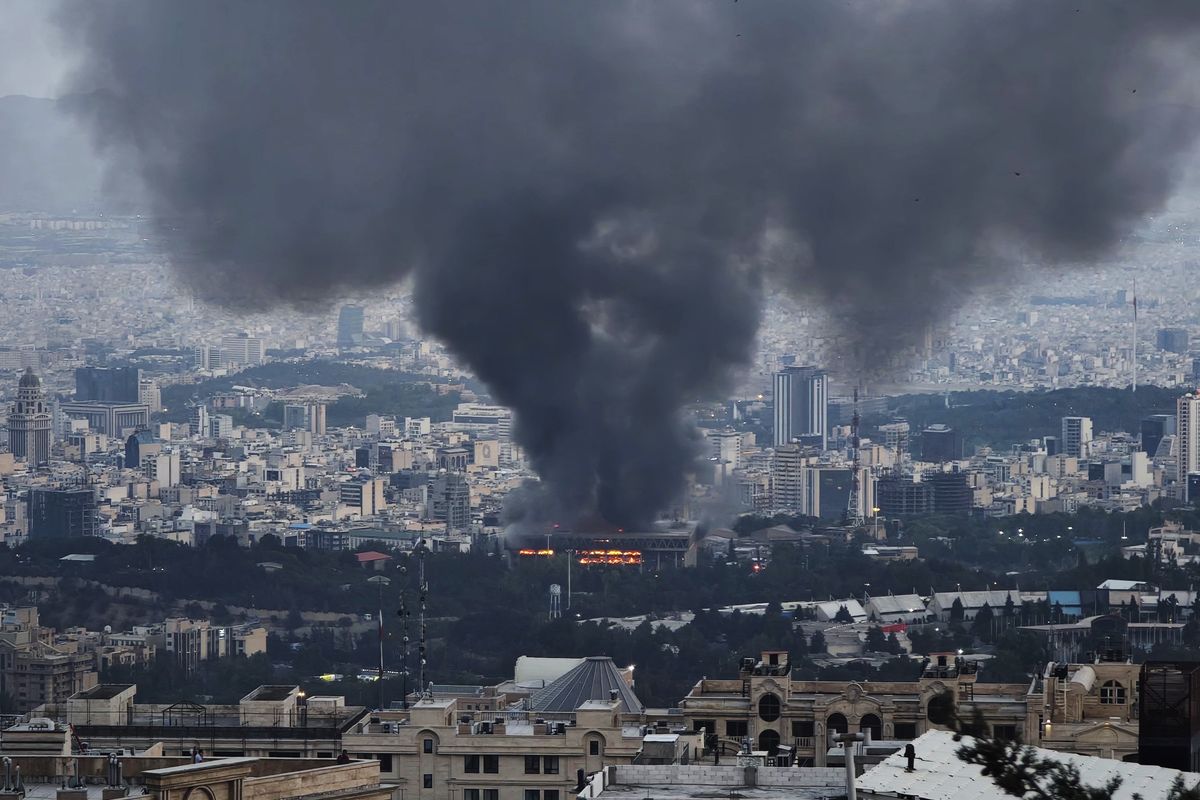It takes a trained eye to spot the patterns in the grainy satellite images, but subtle changes like tire tracks and repositioned mine carts show renewed tunneling activity at the Punggye-ri nuclear test site. North Korea has restarted excavations. Though the evidence is far from conclusive, it does match activity patterns observed prior to North Korea’s four previous underground nuclear tests.
Pyongyang’s neighbors are not taking any chances. On Wednesday, April 20th, the Hong Kong based Center for Human Rights and Democracy revealed that the Chinese military had moved 2,000 more troops to its border with North Korea, mirroring similar movements by Beijing before earlier tests. South Korean president Park Geun Hye announced her administration’s belief that North Korea was preparing for a fifth test and ordered that the military be prepared for any provocations. United States Assistant Secretary of State for East Asian Affairs Daniel Russel stated that a fifth test would garner stricter sanctions from the U.S. and compel it and its allies to take unspecified “defensive measures.”
A fifth test so soon after the previous one in January would stray from North Korea’s normal pattern of conducting a nuclear detonation approximately every three years. The opening months of 2016 seem to be setting a new normal for North Korean provocations. Hardly a week has passed without Supreme Leader Kim Jong Eun observing a missile test or posing next to a new WMD-related technology.
The increased tempo of tests and demonstrations is likely tied to preparations for the 7th Worker’s Party Congress expected to occur in early May. The first such congress in 36 years, it will be a platform for Kim to lay out a future course for his regime - and thus himself - and for the country’s military to appear strong and capable.
Though the nuclear test may be an important move for Kim’s domestic image in the short term, the long term international repercussions are clear: increased sanctions heaped on what is already the strictest sanctions regime ever imposed on North Korea. According to Russell, additional sanctions would block the remittances of overseas North Koreans, staunching a vital source of foreign currency to Pyongyang. And, given China’s vocal commitment to the current round of sanctions, North Korea’s main lifeline would likely embrace additional ones as well.
If Kim goes ahead with the detonation, it will only serve to put peace on the Korean peninsula further out of reach. Like the blurry satellite photos used to discern North Korea’s movements, the world’s grasp of Kim’s nuclear intentions will also remain out of focus.
Will Edwards is an International Producer with The Cipher Brief.













